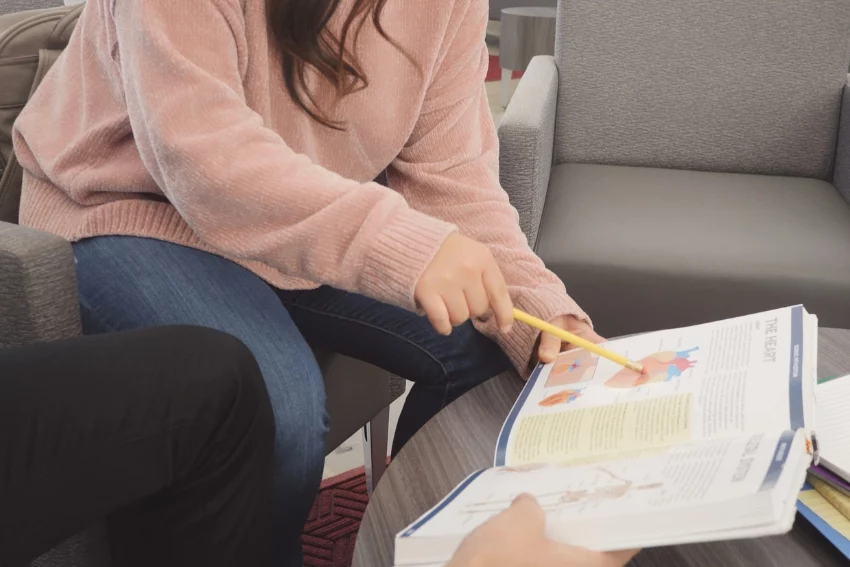The United Kingdom boasts a dynamic and structured education system designed to cater to the diverse needs and capabilities of its students. Within this framework of Key stages, Key Stage 3 (KS3) emerges as a pivotal phase, marking the transition from primary to secondary education. This stage is not just a period of academic transition but also a critical time for personal, social, and emotional development. KS3 serves as the foundation upon which students build their understanding, skills, and attitudes towards learning, setting the stage for their future academic and career paths.
What is Key Stage 3?
KS3 refers to the first three years of secondary education in England and Wales, encompassing Year 7, Year 8, and Year 9. During this stage, students aged between 11 and 14 are introduced to a more disciplined and challenging curriculum. The law mandates education at this level for all students in maintained schools, ensuring a uniform and comprehensive learning experience across the country. The aim is to provide a broad and solid foundation in various subjects, preparing students for the choices and challenges of Key Stage 4 (KS4), Key stage 5 (KS5) and beyond.
The KS3 Curriculum
The curriculum at KS3 is diverse and comprehensive, designed to broaden students’ knowledge and skills across a wide range of subjects.
The core subjects at this stage include
- English
- Maths
- Science
In addition to these core areas, students explore a variety of additional subjects such as History, Geography, Modern Foreign Languages, Design and Technology, Art and Design, Music, Physical Education, Literature, Citizenship, and Computing. This period also introduces students to relationships, sex, and health education, alongside religious education (RE), with parents having the right to opt their children out of certain parts of these subjects. The breadth of the curriculum aims to equip students with a well-rounded education, fostering intellectual, emotional, and physical development.
KS3 Foreign Languages
Transitioning from KS2 to KS3
Moving from Key Stage 2 (KS2) to KS3 is a significant step for students, involving adjustments to new subjects, teaching styles, and school environments. This transition can be challenging, as students encounter more rigorous academic demands and greater personal responsibility. Parents and educators play a crucial role in supporting students through this transition, providing guidance and encouragement to adapt to the changes and embrace new opportunities for learning and growth.
Assessments and Progress Tracking
Assessment at KS3 is integral to monitoring students’ progress, identifying areas of strength, and addressing any learning gaps. The introduction of Progress 8 and the Basics Measure offers a more nuanced understanding of school performance, focusing on the progress of pupils across a broad curriculum. Regular assessments, both formal and informal, help track students’ development, providing valuable feedback to inform teaching strategies and support individual learning needs.
Preparing for GCSEs and Beyond
KS3 lays the groundwork for the challenges of GCSEs and Key Stage 4. The curriculum is designed to prepare students not only for their forthcoming examinations but also for their future academic and career aspirations. The English Baccalaureate (EBacc) highlights the importance of a strong foundation in core academic subjects, encouraging students to pursue a balanced and rigorous course of study. Exploring a wide range of subjects at KS3 enables students to make informed decisions about their GCSE options, keeping future pathways open.
Resources and Support for KS3 Students
A wealth of resources is available to support KS3 students, including subject-specific guides, revision materials, and online platforms. Teachers and parents play a pivotal role in guiding students through the complexities of the curriculum, offering support, motivation, and resources to enhance learning. External websites and educational platforms provide additional opportunities for students to explore subjects in depth, enriching their classroom experiences and supporting their academic growth.
Extra Support – Private Tutoring
Private tutoring is popular among students for a good reason, it’s a way to address areas of difficulty academically but also a boost of confidence that is so important for each student’s future academic life. As students transition to KS4, it is important to lay a good foundation for future success, with this, Edumentors KS3 tutors can help.
Conclusion
Key Stage 3 is a formative period in the UK education system, offering students a rich and varied curriculum that prepares them for future academic challenges and opportunities. By fully engaging with their KS3 education, students can build a strong foundation for success in GCSEs, further education, and beyond. With the support of educators, parents, and external resources, students can navigate this critical stage with confidence and curiosity, ready to embrace the next steps in their educational journey.








